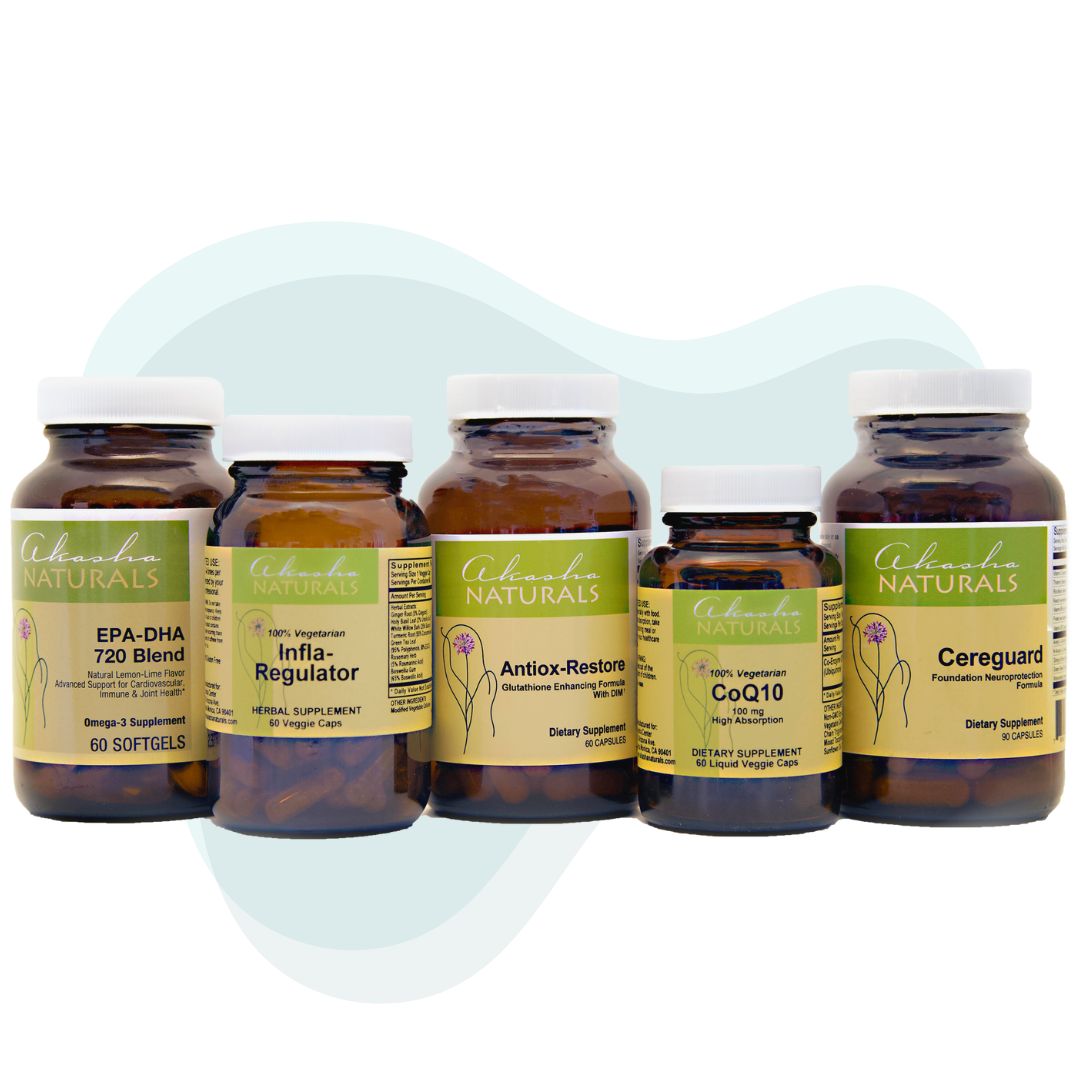One of the central tenets of Thanksgiving- gratitude, offers us a powerful tool for changing our mood. There are times when it’s not our thoughts about the situation that are causing problems for us, but rather it really is the situation itself. A good example of this is grieving, or loss. In addition, there are those instances where one just feels too low to get out of a negative thought pattern. And, sometimes, it just isn’t possible for the same mind that created problematic thoughts to be able to transform those thoughts into more positive ones.
We know that our thoughts about a situation determine how we feel about it and we know that whatever pathways of thought that we consistently use in the brain will be the strongest. This means that if we always respond to a particular situation with negative thoughts, it is likely that we will always activate that same pathway in that particular situation and always experience it negatively. If we actively use our minds to create new pathways through creating more positive thoughts, however, we can guide ourselves into more positive experience of that same circumstance.
It would follow then, that if we are feeling too low to change our thoughts about a situation, we would continue to activate the old negative pathways. And, each time we use those old pathways, we would be strengthening them even further. In these situations, it is important to do things that keep you open, until new experiences or thoughts can come in. You can’t necessarily get from a negative thought to a more positive one about the situation, but you can decrease the strength of the negative pathway by choosing not to activate it. How can you keep from activating the negative pathway when you are too low to come up with anything positive? The approach that I have found most helpful is Gratitude.
Gratitude does not necessarily mean finding the positives of a negative situation. It might be a bit much to be thankful for not having to clean your house because it burned down. We want to be careful to avoid using this practice as a way to suppress negative feelings. The body responds to suppressing negative feelings by releasing the stress hormone, cortisol. Consistently elevated cortisol weakens our immunity and makes us more prone to illness and injury.
Gratitude is about acceptance of the negative of the situation while also acknowledging that there are positives within one’s life. So, yes my house burned down which is horrible. At the same time, I have a supportive community of family and friends that have offered to help. I have a good job, health, etc. There is always some area of one’s life where things are going right. Gratitude for what is going right allows us to accept what isn’t working without focusing on the difficulty and strengthening the negative thoughts surrounding it. Gratitude keeps your heart open. It is very difficult to be in a stream of gratitude and, at the same time, feel despair for the situation. It is not ignoring what has occurred. It is saying “yes, and”.
Of course, like any skill, gratitude will be much easier to incorporate into your reactions in a difficult time if you practice it when things are less difficult. The key is to start being grateful, truly grateful, for little things. Over time you are able to be grateful even in the face of great adversity. And then the next time adversity hits, you’re armed not only with knowledge, but a neurological resilience. At that point, you can strongly state, “I know I’ll be okay” and truly feel grateful.
Studies have shown that even in those without despair, who are relatively happy, the practice of gratitude can increase happiness levels by around 25%. According to a 2003 paper in the Journal of Personality and Social Psychology keeping a “Gratitude Journal” where you write something you feel grateful for, 4 times a week, for as little as 3 weeks, can create an effect that lasts 6 months if not more. These outcomes included increased happiness as well as decreased stress and levels of the stress hormone, cortisol.
In a longer study, which ran for 10 weeks, there was also a positive effect on hours of sleep and on time spent exercising, on more optimistic expectations for the coming week, fewer reported physical symptoms such as pain and an increase in connectedness and willingness to help others.
The most powerful gratitude practice that I have seen is the streaming gratitude practice. This involves setting aside a particular amount of time, at least 5 minutes but more is better. During that time, you create statements in your head that begin with “I am grateful for____” or “I love____”. You will say these statements, one after another until the time is up. You can be grateful for things currently in your life, in the world, or in your past. The key is to keep the statements short so that other thoughts don’t creep in. Try this as a daily practice and also in times of distress, to achieve a state of equanimity and calm.
–
Alicia Ruelaz Maher, M.D., is a board certified diplomate of the American Board of Psychiatry and Neurology, connect with her at info@akashacenter.com.








